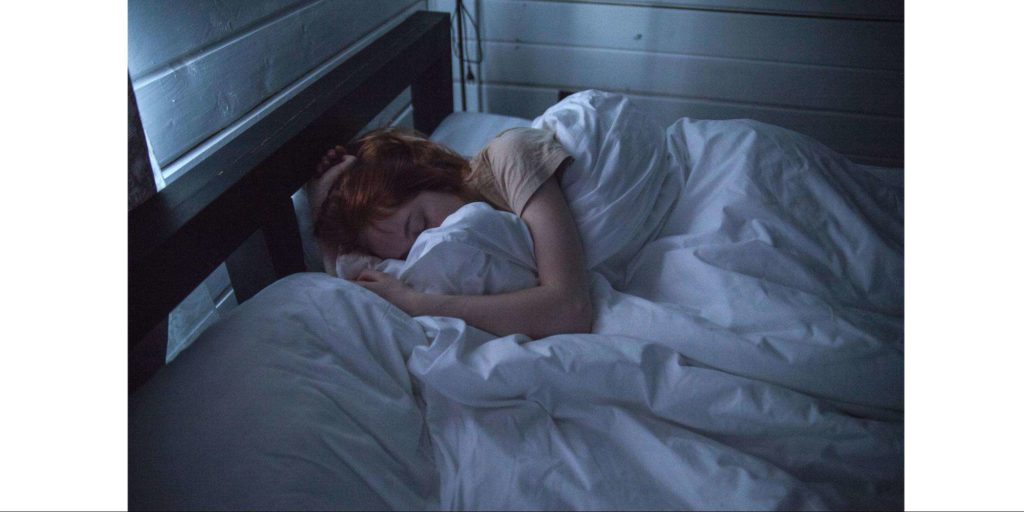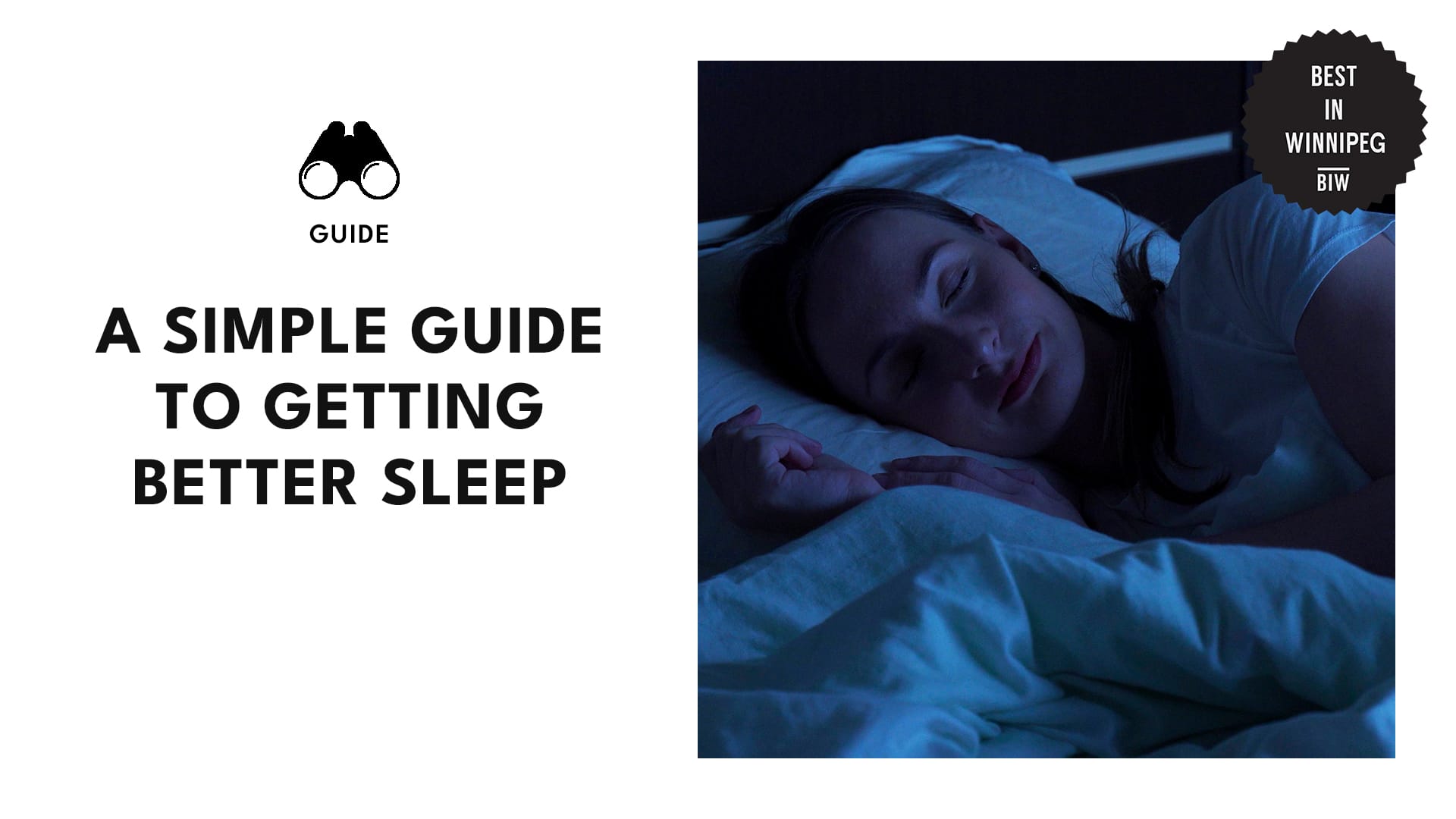A Simple Guide to Getting Better Sleep
Getting enough quality sleep is essential for brain function and overall health. It also helps you become more productive throughout the day.
Children need at least nine hours of sleep, while adults need seven hours. However, there are potential reasons for lack of proper sleep, such as stress, poor sleep hygiene, or chronic health conditions.
If you are struggling with getting proper sleep at night, here is a simple guide that you can follow.
Exercise regularly and eat a balanced diet.

Having a balanced diet and regular exercise won’t only contribute to one’s overall health. These things are also essential to getting a good night’s sleep.
A healthy and nutritious diet affects our brain health and activity. A healthy brain produces neurotransmitters that help us maintain adequate sleep.
Exercising regularly also improves sleep for many. For instance, exercises raise core body temperature, which signals the body to stay awake for the duration of the activity.
That’s related to why people often seem sleepy after exercising. After 30-90 minutes of exercising, the body temperature starts to decline and the drop leads to sleepiness.
It’s also worth noting that some exercises seem to be more beneficial than others here. In fact, people who engage in aerobic exercises have more quality sleep at night.
That’s why you may want to consult a professional to find the routine and work out suitable for you and your lifestyle. That way, you can preserve your health while working to find exercise activities that suit your needs.
If you are looking for natural ways to sleep better, you can also explore naturopathic treatments, which are non-invasive. There are several naturopathic approaches to insomnia, such as acupuncture, valerian extract, melatonin, and lavender oil.
Prepare a suitable environment for sleep.

It is also essential to prepare and optimize your space for a good night’s sleep. For starters, the interior design of your home and bedroom matters.
Although all-white interiors are clean and simple, these designs can have a negative impact on our mood and ability to sleep. If you want to sleep better, hues such as greens, blues, yellows, and warm pink have a relaxing effect.
Aside from cleaning your bedroom to avoid dust from building up, it’s also essential to have good ventilation. Leaving your bedroom’s window and door open improves ventilation and airflow, improving sleep quality.
Moreover, it is also essential to invest in a good mattress that has adjustable firmness and proper spinal alignment so you can sleep more comfortably and better.
It is also wise to prepare the best temperature for sleep. A cool room temperature can help you sleep better, so it’s necessary to adjust your air conditioner or heater before going to bed.
After preparing your bedroom for sleep, it is also recommended to bathe or shower using warm water an hour before going to bed so you can sleep better.
It heats up your body, like exercise, which means that when you finally go to bed, the drop in temperature as your body regulates its temperature again leads to sleepiness.
Prepare your mental headspace before going to bed.

Of course, mental health is as essential as your physical health. It is therefore vital to prepare your mental headspace before going to bed.
Meditation can help you rest better and encourage slower breathing, which improves sleep quality. Aside from meditation, you can also try journaling by writing down your thoughts or exploring different tools and techniques to relax your mind before sleeping.
If you are suffering from a sleep disorder, you can also consult a psychologist to help you address the problem. Nowadays, several treatments are offered to manage sleep disorders, such as cognitive-behavioral therapy.
And that concludes our quick guide to getting better sleep. If you have more tips and suggestions, you can share them with us!

